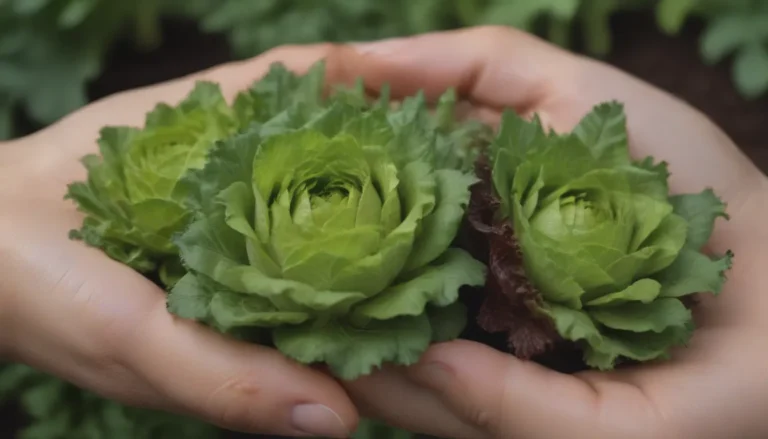Keeping Your Property Raccoon-Free

Raccoons are intelligent, curious creatures that can cause quite a bit of trouble if they decide to make your property their home. From raiding your garbage cans to destroying your garden, these furry bandits can be a real nuisance. In this guide, we’ll cover everything you need to know to effectively deal with raccoons on your property, from identifying signs of their presence to implementing strategies to keep them away.
Understanding Raccoon Behavior and Characteristics
Before we delve into how to get rid of raccoons, it’s important to understand a bit about these creatures and what attracts them to your property in the first place. Raccoons are omnivores that eat a variety of foods, including fruits, insects, frogs, bird eggs, and even small animals. They are primarily nocturnal and can range from two to three feet in length, weighing between ten to thirty pounds.
You can easily recognize raccoons by the black “masks” on their faces, ringed tails, and grizzled coats of gray to black or brown fur. They are known for their small, rounded ears and front paws that resemble tiny human hands. Signs of raccoons on your property may include tracks in the soil, piles of nesting materials, scat (droppings), claw marks, and unusual noises like snarls and hisses.
Three Effective Ways to Get Rid of Raccoons
1. Exclude Them
Exclusion is considered one of the best methods to keep raccoons away from your property. By sealing up any potential entry points and ensuring they can’t access areas you don’t want them in, you can effectively deter these pests.
- Seal holes, screens, windows, and other entrances in your home or outbuildings.
- Secure loose boards, siding, shingles, and vents.
- Install sheet metal chimney caps with wire mesh to prevent raccoons from entering chimneys.
- Fence open spaces underneath porches and decks.
- Fence your garden or individual plants with mesh screens, burying them deep to prevent digging.
Warning
Always check for the presence of raccoons before sealing any openings to avoid trapping them inside.
2. Scare Them Away
While raccoons are quick to adapt to scare tactics, using mechanical methods can deter them temporarily. Consider installing motion-activated sensors that flash lights, make noise, or spray water. Scarecrows, windmills, and aluminum pie pans tied to fishing lines may also help keep raccoons at bay.
3. Deter Raccoons Naturally
Some homeowners swear by homemade remedies using natural ingredients to repel raccoons. While these methods may not guarantee success, they are worth a try.
- Scatter dog or cat fur, human hair, or dog and cat urine around your property.
- Play heavy metal music or all-talk radio to create sound deterrents.
- Mix garlic cloves with chili powder and sprinkle around your yard.
- Use blood meal, wood ashes, hot peppers, or ammonia-soaked cotton balls or rags as deterrents.
Identifying and Preventing Raccoon Attractants
Understanding what attracts raccoons to your property is key to preventing them from becoming a problem. Here are some common attractants you should be aware of:
- Easy-to-reach food sources such as trash cans, pet food left outdoors, and unsecured compost bins.
- Water sources like fountains and fish ponds.
- Shelter in areas with warm, dry attics, crawl spaces, and outbuildings.
- Nesting opportunities in piles of brush, hollow trees, and other cozy spots.
To prevent raccoons from being drawn to your property, make sure to:
- Use tightly-fitting lids on trash cans and secure compost bins.
- Remove water sources like fountains and block access to fish ponds.
- Keep bird feeders and seed containers locked away.
- Clean up fallen fruits and vegetables.
Dangers of Raccoon Infestations
Raccoons can pose serious health risks to humans and pets due to the diseases they carry. From rabies to bacterial infections, it’s crucial to take precautions when dealing with these pests.
- Always wear gloves when handling raccoon droppings and wash hands thoroughly afterwards.
- Contact a professional wildlife removal service if you suspect a raccoon may be carrying diseases.
- Avoid feeding raccoons or interacting with them directly to minimize the risk of infection.
By taking proactive measures to prevent raccoons from infesting your property and implementing effective deterrent strategies, you can keep your home and garden free from these troublesome pests. Remember, if you’re unsure about how to handle a raccoon infestation, don’t hesitate to seek professional help.





